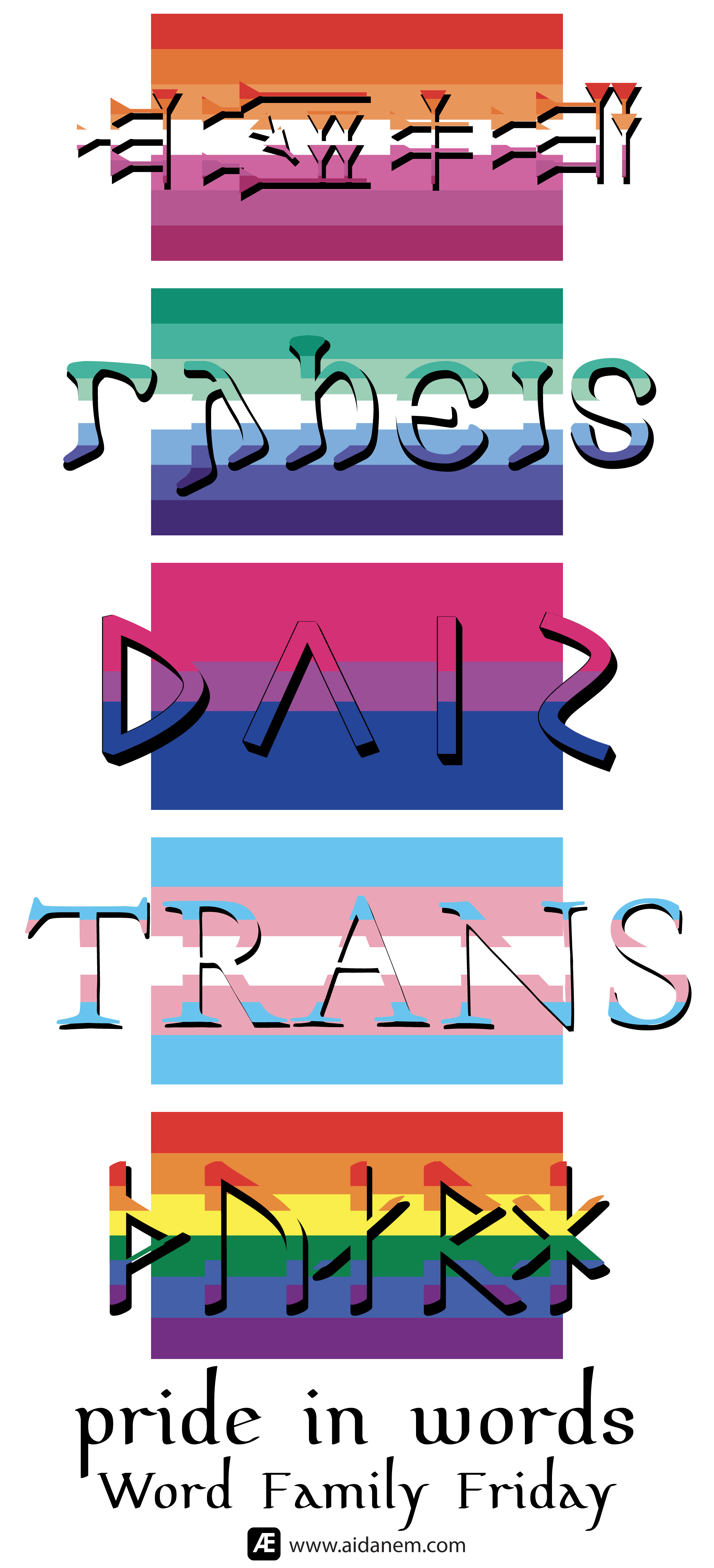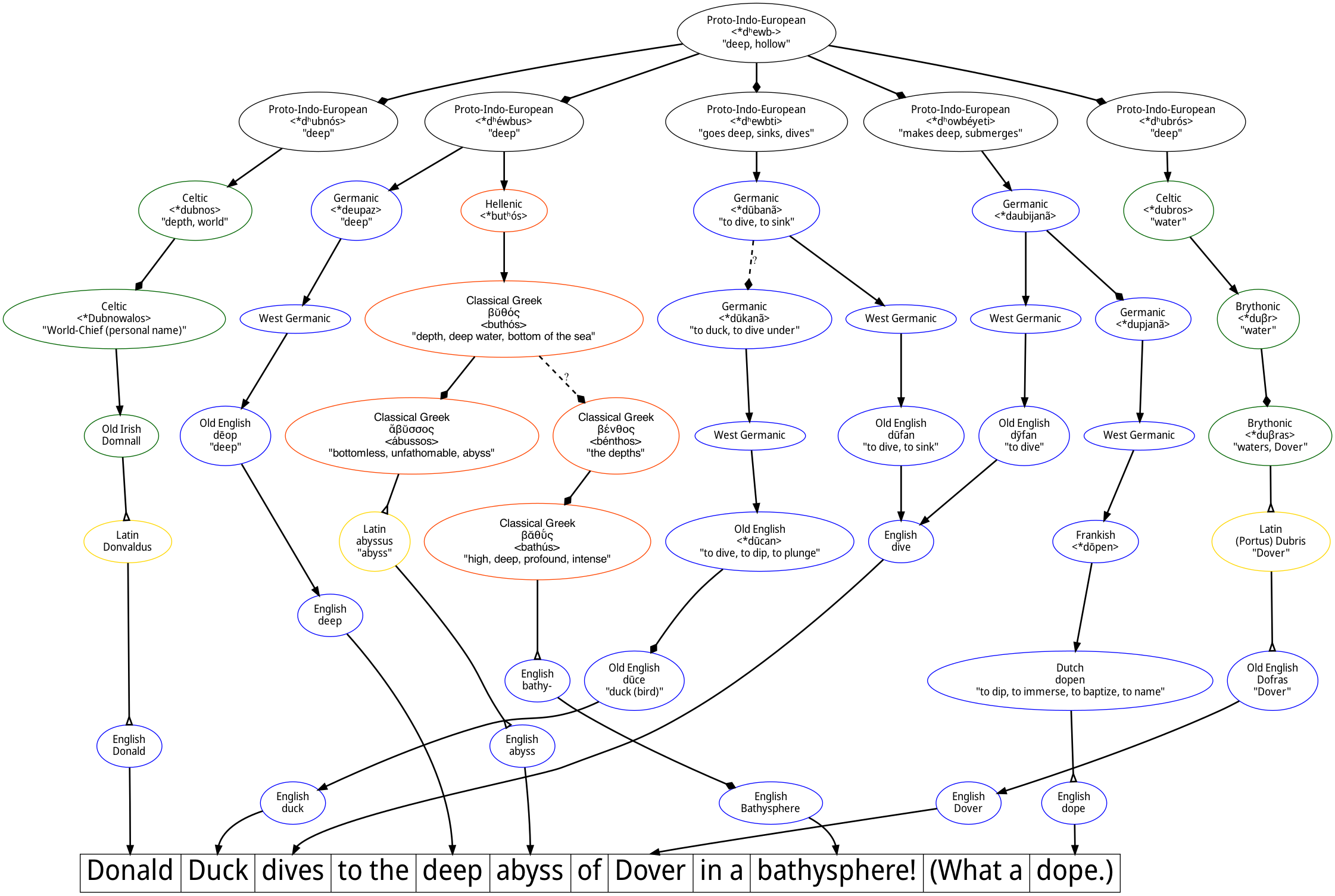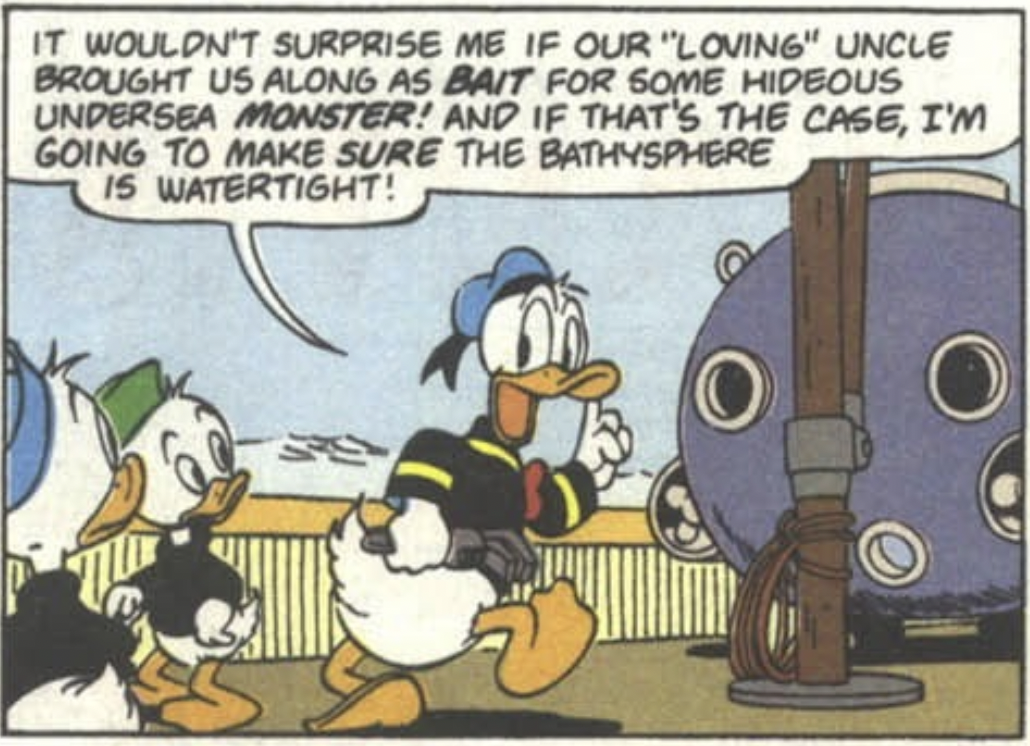Introduction
In each Hellenic, Indo-Iranian, and Italic the word for "thousand" is derived from Proto-Indo-European *ǵʰéslo-—apparently "handful"?—but in different forms.
Greek χίλιοι khílioi (kilo-) seems to derive from *ǵʰesliyoy, possibly a plural adjective form?
In Indo-Iranian it's prefixed with *sem- as *sm̥-ǵʰéslom, which could be translated as …
read more

